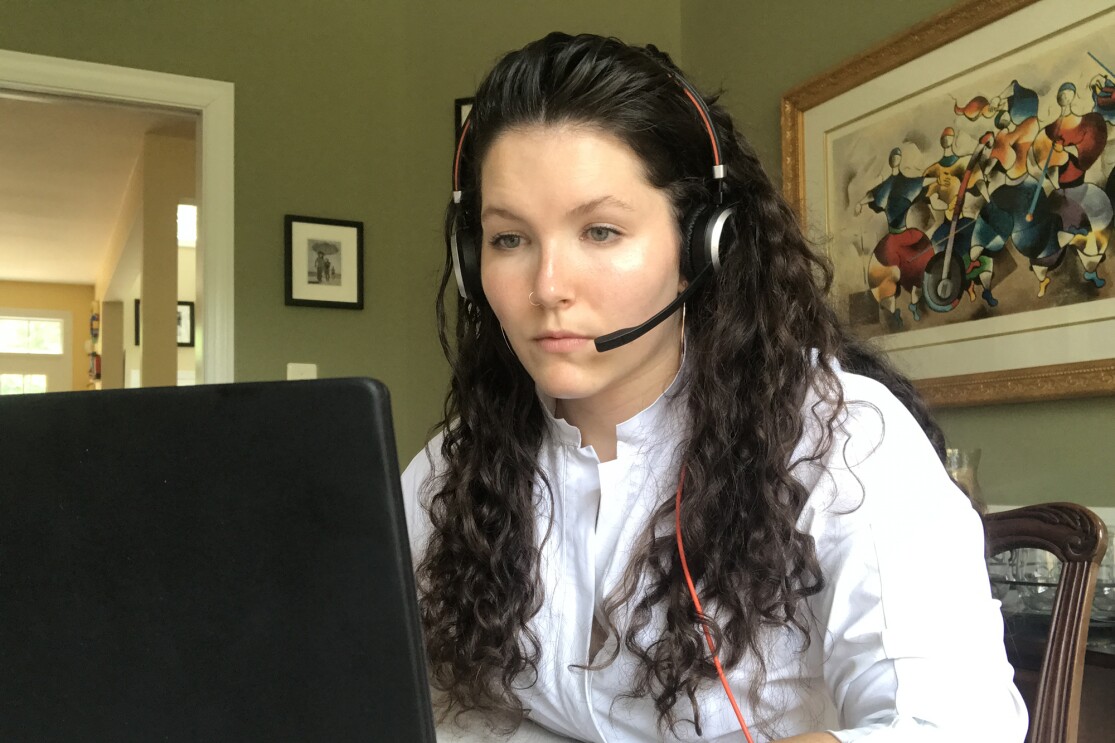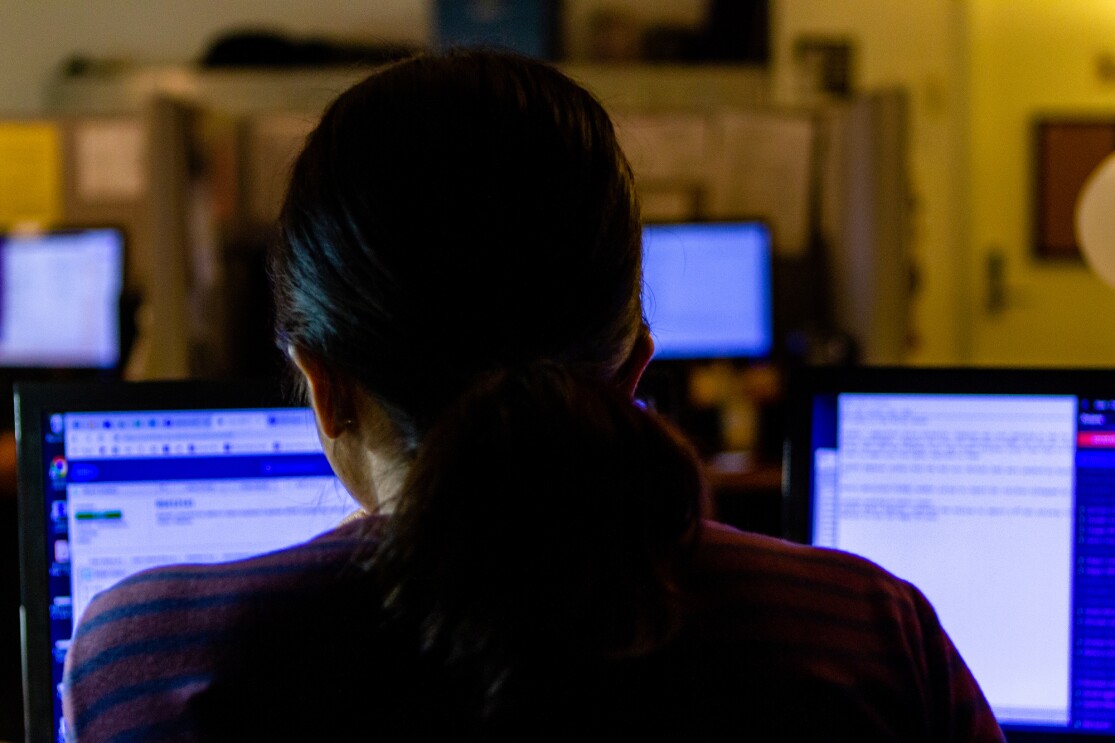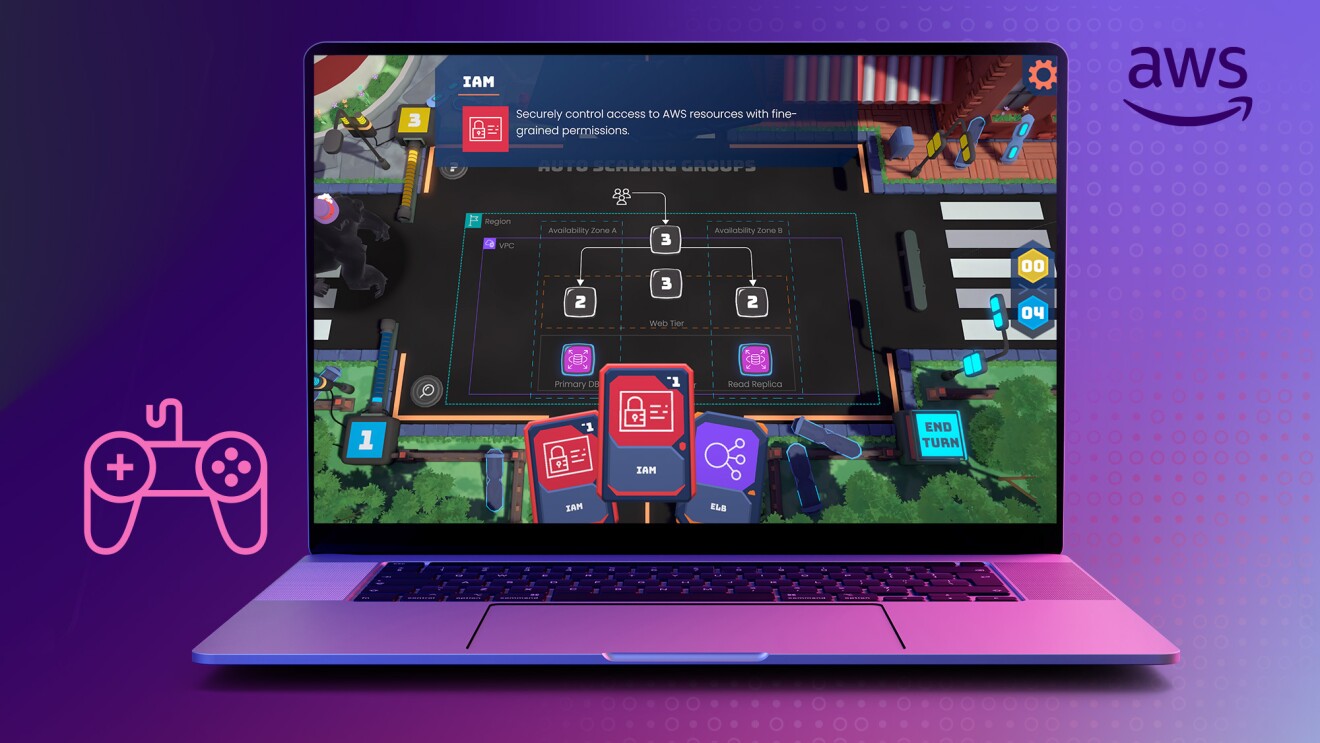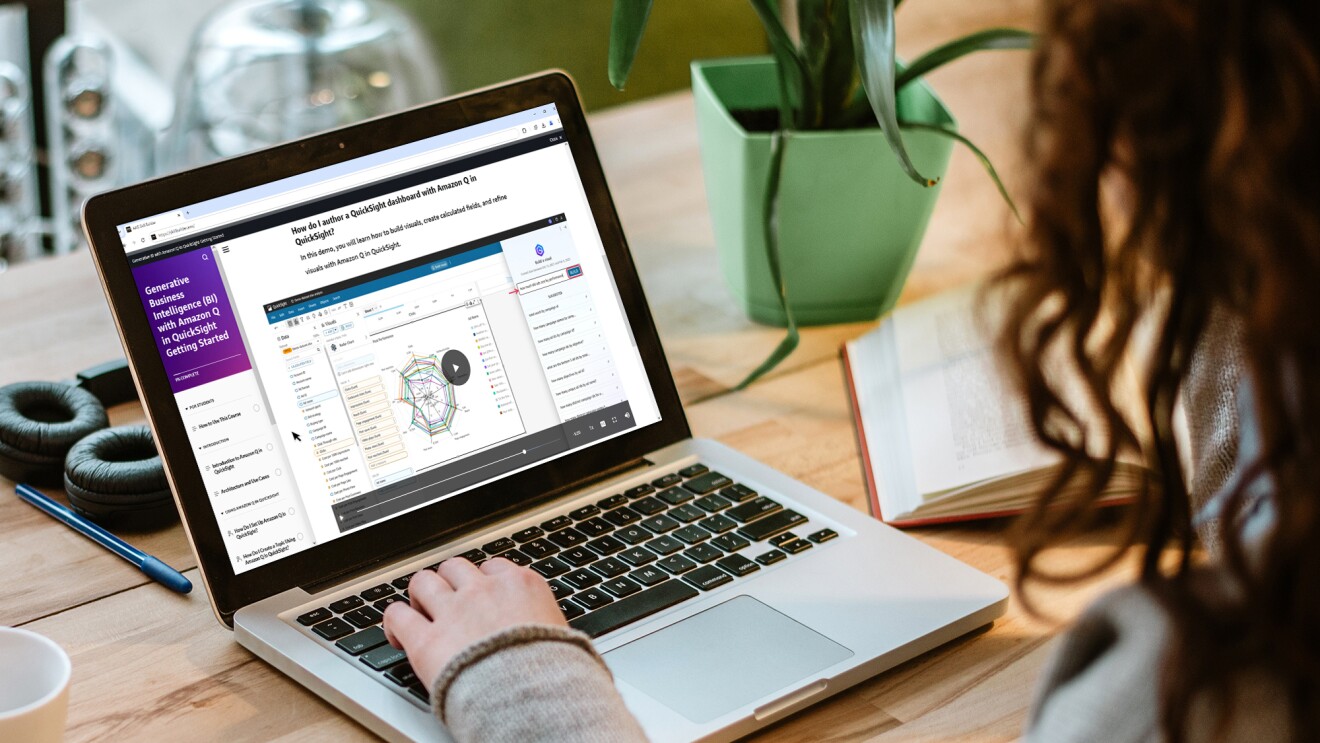“Many people don’t realize that human trafficking is big business,” said Anjana Rajan, Chief Technology Officer of Polaris, a nonprofit that runs the U.S. National Human Trafficking Hotline to help victims and survivors of an illegal industry estimated to be worth $150 billion globally. According to Polaris, human trafficking deprives roughly 25 million people worldwide of the freedom to choose how they live and work.
Polaris has been operating in the U.S. since 2002, supporting thousands of at-risk individuals and their families, and is in the process of building the largest known U.S. data set on trafficking incidents. It uses this data to advance research into how widespread sex and labor trafficking really is, as well as to change the conditions that make it possible in the first place.
“Traffickers will pinpoint what vulnerable people need and pretend to give it to them,” said Rajan. “Maybe it's a job, or an apartment, or a sense of belonging. They very intentionally target communities where the needs are the greatest—communities struggling with poverty, addiction, and trauma. If we want to disarm the traffickers, we need to fix the broken systems that fail to meet those needs.”
Part of Polaris’ advocacy work involves busting the myths around human trafficking. For example, trafficking does not only happen in illegal or underground industries. Cases have been reported and prosecuted in legitimate industries including hospitality, cleaning services, construction, manufacturing, and more. And it’s not only women and girls who are at risk. Men and boys are also victims of sex trafficking, with those in the LGBTQ community being particularly vulnerable.
To put the scale of the human trafficking problem in the U.S. into context: Since 2007, the Polaris-operated hotline has handled more than 330,000 signals—including calls, texts, online chats, webforms, and emails—and identified more than 65,500 instances of human trafficking. In that time, general calls have increased by almost 1,000%, while direct calls from victims and survivors have increased by more than 4,000%.
If the hotline is the nerve center of Polaris’ work, then hotline advocates like Laurel Downie are on the frontline. Downie is one of a team of around 80 employees who handle the ever-increasing number of signals streaming in from across the country—24 hours a day, seven days a week, 365 days a year.
 Laurie Downie, an advocate—one on a team of around 80—at Polaris, who support those who signal for help through text, email, phone, or other means around the clock.
Laurie Downie, an advocate—one on a team of around 80—at Polaris, who support those who signal for help through text, email, phone, or other means around the clock.An advocate since September 2019, Downie talks with every individual who is put through to her with care, sensitivity, and compassion—and an assist from Amazon Web Services. AWS technology is working in the background to ensure that the people in most urgent need get to speak to her first.
“I spend most of my day responding to people in crisis,” said Downie. “I might be talking to someone by text or web chat, or directly on a call. It could be a person in an active trafficking situation, or a concerned relative.”
“It’s my job to build a sense of trust with whomever is on the end of the line,” she said. “I need to try to get as much information as possible about what’s occurring in order for us to help in the safest way possible.”
The year Downie began working on the hotline, Polaris implemented Amazon Connect, a cloud-based contact center, to help manage growing call volumes. The service routes calls from victims, survivors, and their relatives to Downie and other advocates more efficiently, and it easily scales during peak times. In parallel, an AI-powered chatbot from AWS directs people with non-urgent general requests to online information and resources, including answers to frequently asked questions.
According to Rajan, using AWS technology to triage contacts in this way is particularly useful when the hotline sees surges in activity. This usually happens after the hotline number is featured in a news story or at the end of a TV show, but sometimes the reasons are more sinister.
In recent years, Polaris has been the target of misinformation campaigns. Prior to using AWS, it had experienced cyber-attacks that prevented vulnerable callers from receiving immediate attention. Rajan said moving to AWS has helped the organization bolster its security strategy and ensure that Downie and other advocates can support individuals in need without interference.
Keeping the hotline running at all times is mission critical for Polaris. Never has it been more important, and more challenging, than during the pandemic.
“COVID-19 has really shown that in a crisis, it’s people who are economically, physically, or sexually vulnerable that suffer the most,” said Rajan. “If, for example, you're in an abusive or coercive situation and can't leave your house, or you’re an undocumented immigrant now considered an essential worker, who is being exploited to keep the economy going—you're probably going to call our hotline.”
 An advocate for Polaris, who engages with individuals who contact the nonprofit for help
An advocate for Polaris, who engages with individuals who contact the nonprofit for help“I have definitely noticed that the volume of calls has gone up,” said Downie. “And texting has really taken off. I think one explanation is that more individuals are stuck indoors with people that are harming them, and it's the safest way to communicate.”
Polaris data supports Downie’s observation: An increasing number of people are in dangerous situations and looking to the organization for help. Polaris’ recent report, Crisis in Human Trafficking During the Pandemic, found that when comparing post-shelter-in-place time with pre-shelter-in-place time in 2019 and 2020, the number of crisis trafficking situations increased by more than 40%.
The shelter-in-place directives had a profound impact on the people who rely on the hotline, as well as on the operations of the hotline itself. Within 72 hours of COVID-19 workplace guidelines coming into force, Polaris had moved its entire organization—a “deep in-person culture” of employees working side-by-side—to a fully remote set up. Rajan said the quick move would not have been possible without AWS.
“Downtime is simply not an option,” said Rajan. “We need to keep our operations running so we can be there when victims and survivors are ready to reach out to us. We were able to make the switch to remote working without missing a single call, because AWS powers our services.”
Whether they are in the office or working from home, Polaris’ hotline advocates maintain the same objective: put the needs of trafficking victims first.
“We are a victim-centered organization,” said Downie. “Survivors tell us how vital it is for them to be involved in the process of how they leave these circumstances, rather than others doing what they think is best, which is typically not safe. Other people often don’t fully understand the complexities of a situation. It’s important to allow victims to make their own decisions as individuals.”
“There are definitely many days when people get angry because you can’t give them what they want,” she said. “That's OK. They've been through a lot, and they're taking it out on you. It's not personal, but those days are tough.
“It’s the other days, when you’re on the phone with a survivor waiting for law enforcement to take them to a place of safety, or you’re listening to a mom who’s worried about her son, and reassuring her that she's not paranoid, that she has a right to be concerned. On those days you realize you did it. You helped someone from start to finish. Those days make it all worth it.”
Contact: If you or someone you know needs to be connected with services and support to get help and stay safe, report a tip about a potential case of human trafficking, or find service referrals for victims of trafficking, contact the U.S. National Human Trafficking Hotline by calling 1-888-373-7888 (TTY:711), by texting “BeFree” (233733), via live chat or email. Services are available toll-free 24 hours a day, 7 days a week.
Trending news and stories
- Amazon unveils 7 new robots powering faster, safer deliveries: Go inside our most innovative delivery station yet
- Introducing Vulcan: Amazon's first robot with a sense of touch
- This new AI tech will make sorting packages easier for Amazon's delivery station employees
- 15 photos from Project Kuiper's first launch of low Earth orbit satellites










